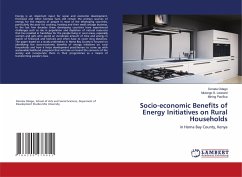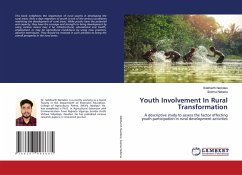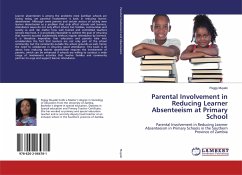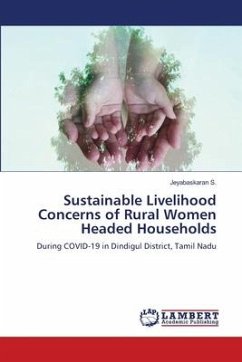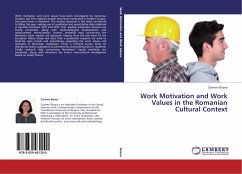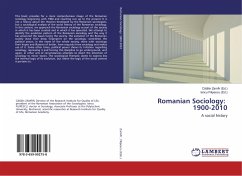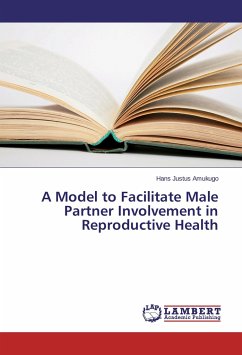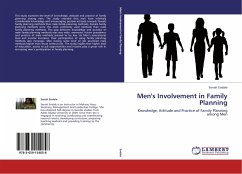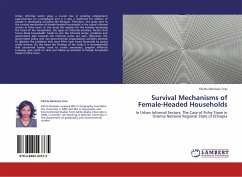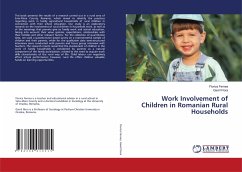
Work Involvement of Children in Romanian Rural Households
Versandkostenfrei!
Versandfertig in 6-10 Tagen
56,99 €
inkl. MwSt.

PAYBACK Punkte
28 °P sammeln!
This book presents the results of a research carried out in a rural area of Satu-Mare County, Romania, which aimed to identify the practices regarding work in family agricultural households of rural children in connection with their school education. Our study is an exploratory research on the involvement of rural children in household work, as well as of the meanings that parents give to family work and school education, taking into account their value systems, expectations, relationships with their families and other relevant factors. For the collection of quantitative data, we used a questi...
This book presents the results of a research carried out in a rural area of Satu-Mare County, Romania, which aimed to identify the practices regarding work in family agricultural households of rural children in connection with their school education. Our study is an exploratory research on the involvement of rural children in household work, as well as of the meanings that parents give to family work and school education, taking into account their value systems, expectations, relationships with their families and other relevant factors. For the collection of quantitative data, we used a questionnaire based survey on a representative sample of children and their parents, while for the qualitative data semi-structured interviews were conducted with parents and focus group interview with teachers. The research results reveal that the involvement of children in the work of family households is considered by parents as a natural component of the family socialization, related to the need to acquire work skills characteristic of the rural way of life. Child labour can negatively affect school performance; however, rural life offers children valuable hands-on learning opportunities.





